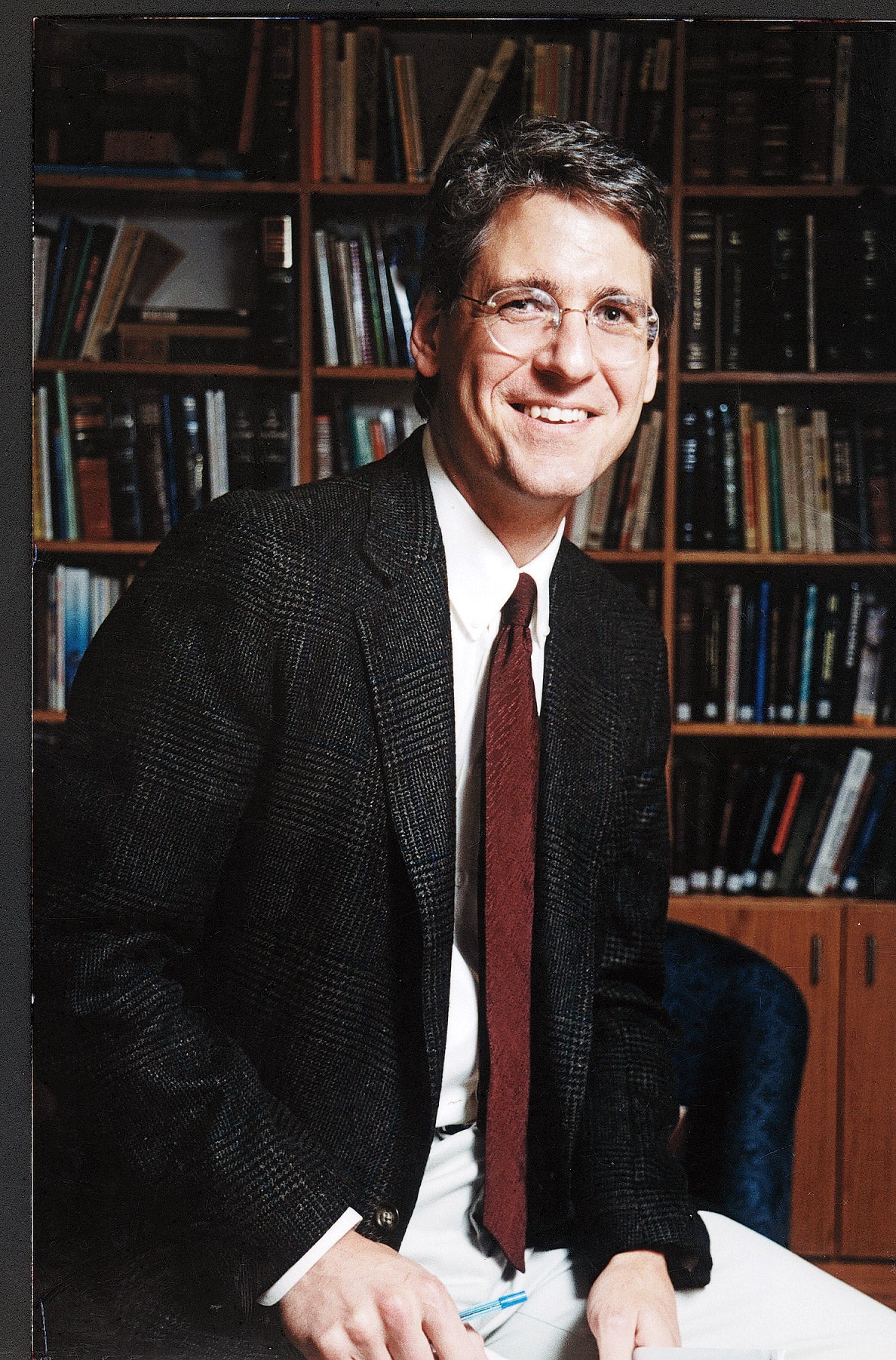What is wrong with our legal system’s notion of human behavior?
That was one of several questions addressed by HLS Professor Jon Hanson in an interview with Big Think, a website that provides a global forum for connecting people and ideas. Recent HLS Big Think contributors include Professors Laurence Tribe, Alan Dershowitz, Jonathan Zittrain and Visiting Professor Annette Gordon-Reed.
In his interview, Hanson, the Alfred Smart Professor of Law at Harvard Law School and Director of The Project on Law and Mind Sciences at Harvard Law School, delves into an exploration of psychology, ideology and law.
According to Hanson, Americans generally assume that individuals are moved by their own preferences or dispositions, what he calls the dispositionist actor model.
“That view of the person turns out to be absolutely fundamental to every legal question that comes up because legal questions are focused on what happens when something goes wrong or what happens when something goes right. How are we going to split up what happened between the parties who are involved? And our answers to those questions turn on attributions we make about who played a more significant causal role, what were their motives, what were their intentions and so forth. In answering those questions, the view of the person carries much of the weight,” he said.
In the interview, Hanson discusses how he came to focus his research on the link between law and cognition.
View video – “A Legal System for Irrational Beings”
Hanson also discusses the root of ideology, citing research that suggests a fundamental, nonconscious, reason why liberals are more accepting of disorder and open to new experiences, while conservatives crave order and closure and are especially averse to threats to the system.
“What the mind sciences are suggesting is that the reasons we give rarely are very good predictors or explainers of what’s really moving us and the research that I’m doing now with co-author Mark Yeboah [’10] is finding that behind our ideologies often is an attributional style: we tend to look at a world or look at a situation and make an attribution to see choice or to not see choice and to think that that’s a neutral, unfiltered objective, assessment of fact. However, that’s happening more or less because of subconscious reasons, and the way it happens also connects us with an ideology so where we see inequalities for example, conservatives, republicans, tend to be more comfortable with that inequality and to make attributions of disposition to explain it,” he says.
View video – “Chaos v. Order: The Root of Ideology”
Hanson also discusses how the legal system perpetuates injustice and how policy makers have responded to his research.
Click here to view the full interview on bigthink.com.
Hanson’s scholarship, which melds social psychology (and related mind sciences), economics, history, and law, includes the following: The Blame Frame: Justifying (Racial) Oppression in America, 41 HARV. C.R.-C.L. L. REV. 413 (2006) (with Kathleen Hanson); The Illusion of Law: The Legitimating Schemas of Modern Policy and Corporate Law, 103 U. MICH. L. REV. 1 (2004) (with Ron Chen); and The Situation: An Introduction to the Situational Character, Critical Realism, Power Economics, & Deep Capture, 152 U. PENN. L. REV. 129 (2003) (with David Yosifon). He is also the co-creator of, and contributor to, The Situationist blog.
This year, on April 15 and 16, the Project on Law and Mind Sciences, together with the Petrie-Flom Center at Harvard Law School and the Gruter Institute, is hosting a conference titled “Moral Biology: What Can Biology and the Mind Sciences Teach Us about Law and Morality?,” at which mind scientists will explore what their fields have to teach us about, among other topics, responsibility, judgment, addiction, racism, cooperation and punishment.
